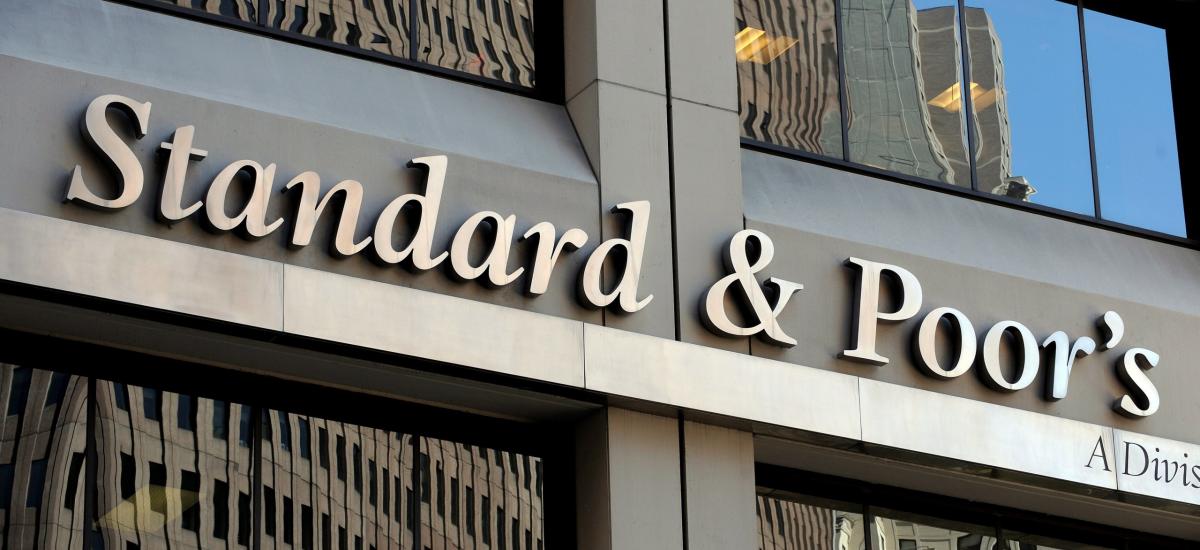31st July 2024, Skopje – GDP growth is expected to accelerate to 2.5% in 2024, reaching 3% by 2027, public debt is expected to remain moderate, stabilizing to 57% of GDP by 2027, budget deficit has been revised up to 4.9% of GDP for 2024, and fiscal consolidation is expected to pick up pace starting 2025 as per the Organic Budget Law, Standard and Poor’s Credit Rating Agency noted in its latest report, affirming the BB – sovereign credit rating with stable outlook.
As noted in S&P Report, the country registered 1% growth rate in 2023, extending a trend observed over the last two years, due to weak external demand and investments. In particular, as noted in the Report, the economy expanded by 1.2% year on year, the growth being predominantly driven by investments, above all public infrastructure projects, which, according to the Agency, will continue to be driver of growth in the coming period. Risks to growth outlook are related to the uncertain economic environment within the EU and the potential for rising commodity prices driven by global geopolitical tensions. However, the Agency anticipates growth to recover to 3% by 2027, driven by an expected increase in external demand and a boost in credit activity.
Despite experiencing sluggish economic growth, North Macedonia has achieved a significant reduction in its unemployment rate, which fell to 12.9% in Q1 2024, and such downward trend will continue in future as well, driven by the influx of FDIs. Risk noted by S&P is the high levels of emigration, a sizable informal sector and a shortage of skilled labor.
The revised budget reflects weaker economic growth prospects for this year and focuses on increasing pensions, wages and servicing international financial institution debts, while cutting other expenditure, with the budget deficit being revised upward to 4.9% of GDP. According to S&P, adhering strictly to the Organic Budget Law will be pivotal for further fiscal consolidation. The budget deficit is projected to average 3.5% of GDP over 2024-2027. Key challenges noted in the Report include the informal sector and the cost overruns associated with infrastructure projects.
Ensuring further strong economic growth and implementing structural reforms are crucial as per S&P Report. Primary agenda of the Government includes comprehensive reforms aimed at revitalizing the institutions, eradicating corruption and upholding the rule of law. Economic growth is a pivotal goal, being set at 5% growth, driven by major infrastructure projects, attracting new investments, widening the tax base and increasing pensions and wages.
Credit rating of a country, assigned by credit rating agencies, gives insight into the level of risk associated with investing in a particular country and it is one of the key indicators the potential investors consider when making decisions.
Standard&Poor’s and Fitch revise the country’s credit rating twice a year.
















